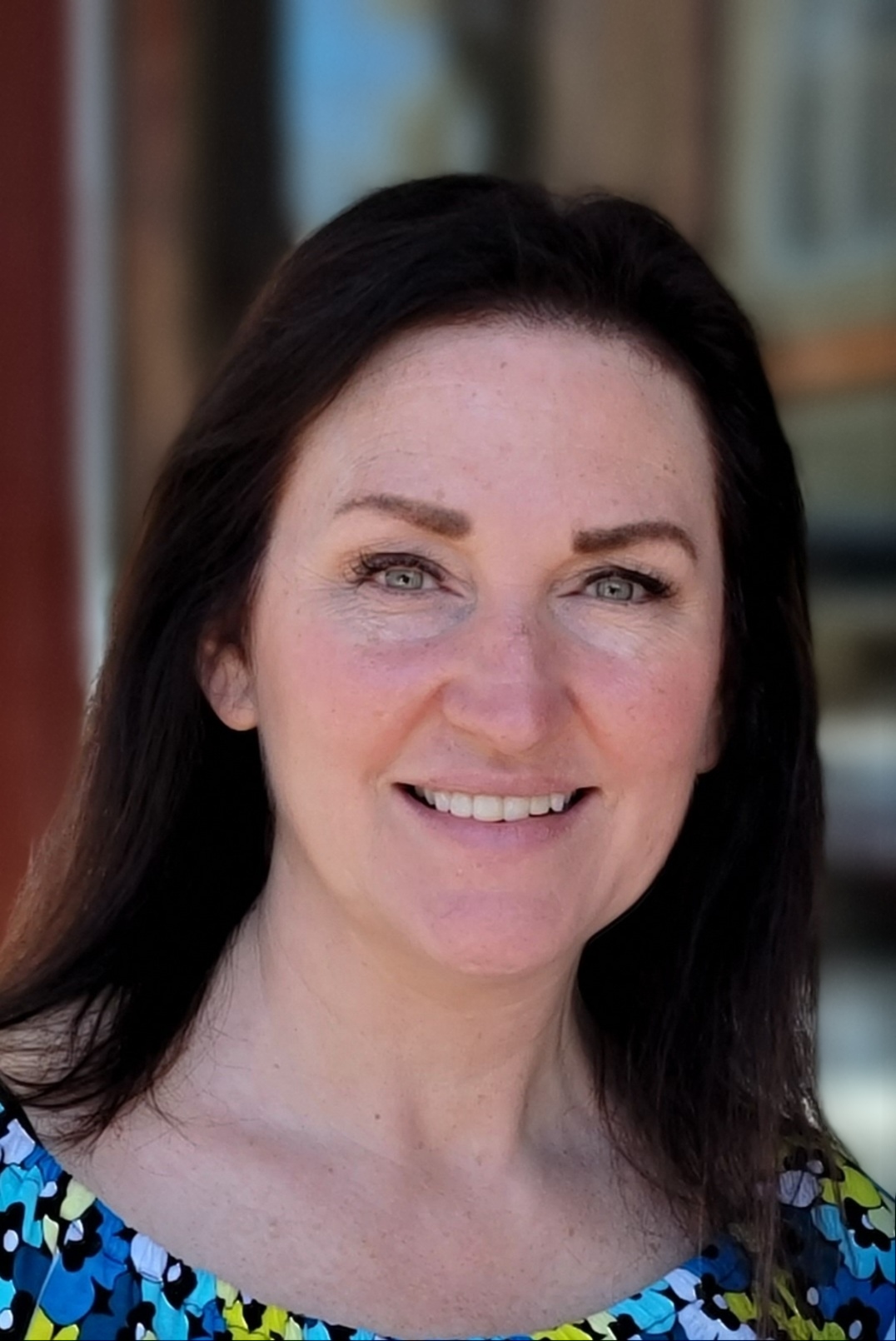Developmental Education Alum Receives 2022-2023 Texas State Outstanding Dissertation Award
Abbye Shattuck
Publications Intern, The Graduate College

Each year, The Graduate College awards doctoral students from four different categories on a rotating basis with the Texas State Outstanding Dissertation Award. The four awarded categories are a) Mathematics, Physical Sciences and Engineering, b) Humanities and Fine Arts, c) Social Sciences, Business, and Education, and d) Biological and Life Sciences. Students are nominated by faculty members from their respective programs and carefully selected by the committee.
This year’s winner in the Social Sciences division was Christie Lawson. Dr. Lawson’s dissertation investigated different education theories and how these concepts are influenced by culture, specifically in the Latinx and Hispanic communities.
“I was looking at students who self-identify as Hispanic or Latin in some way,” Dr. Lawson said. “Specifically at a post-secondary level, specifically at a Hispanic-Serving Institution, such as Texas State University, and specifically with STEM degrees.”
In her dissertation, Dr. Lawson explored already existing theories like community cultural wealth and the expectancy-value theory in a unique way. Though these theories have been studied throughout history, Dr. Lawson pointed out that the targeted population of focus groups for these studies were not diversified, and she set out to change that.
“The dissertation is centered around the intersection of a couple of different theories that had never really been overlapped or merged before,” Dr. Lawson said. “What had not really been put together before was this motivation theory with a culturalized perspective. A lot of education theory, historically, was conducted with a similar demographic, typically white males. Of course, over the years that has expanded, but still a lot of work left to be done.”
It was Dr. Lawson’s background in education, along with her love and intrigue of science, that inspired her dissertation. A graduate of Southwest Texas, Dr. Lawson received her bachelor’s degree in Education with a minor in Biology, and it was the fusion of these two passions that gave Dr. Lawson the idea for her research.
“[It was a] personal love for science, an appreciation for other cultures, and a recognition that there continue to be underserved populations in education,” Dr. Lawson said regarding how she formulated her research topic. “What can I do to contribute my one little drop in the ocean of knowledge in addressing some of the ways that different populations are underserved in education, specifically in STEM?”
Dr. Lawson hopes that her work will inspire change in policy to benefit underserved communities in education. Her research could be a step in bringing equal opportunity to members of the Latinx and Hispanic communities in STEM.
“Sometimes it can be scary to try to quantify cultural concepts, but policies are still driven by quantitative data,” Dr. Lawson said. “So, even if my work is just a baby step, I want to be somebody who dips a toe into the waters of quantifying cultural pieces. If policy needs to change, [then] we need support that people are going to listen to, and this may be one way to do that.”
Texas State University has proudly been recognized as a Hispanic-Serving Institution (HSI) since its designation by the U.S. Department of Education in 2011. To learn more about what it means to be an HSI please visit the Texas State HSI webpage.